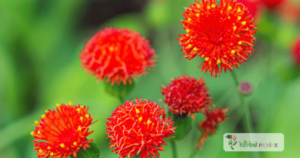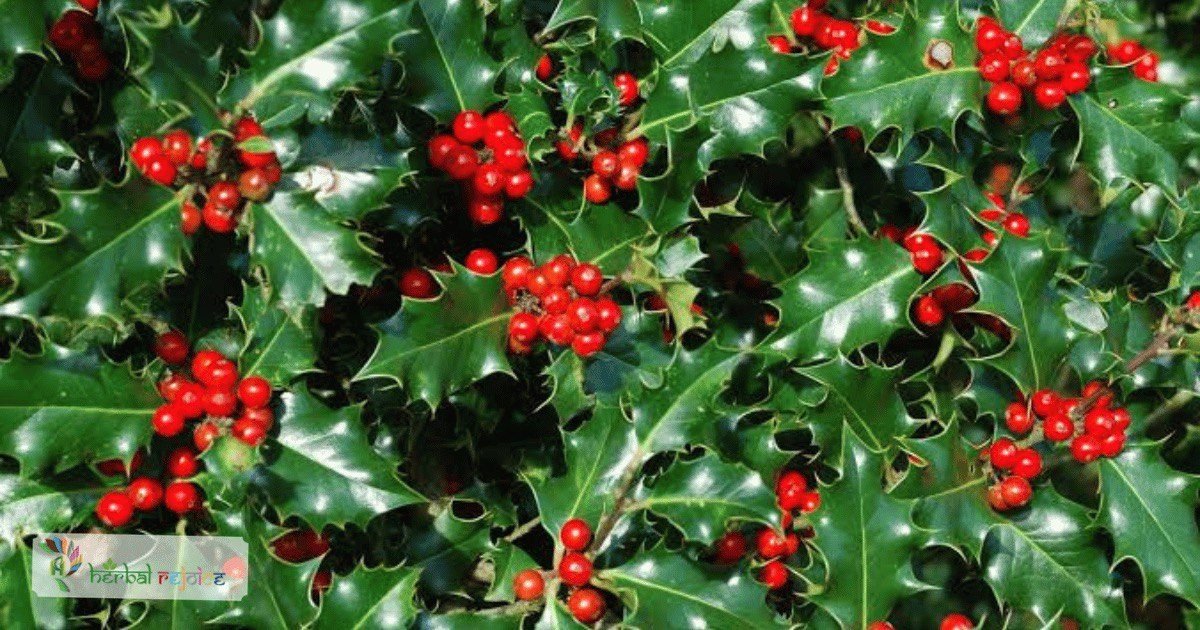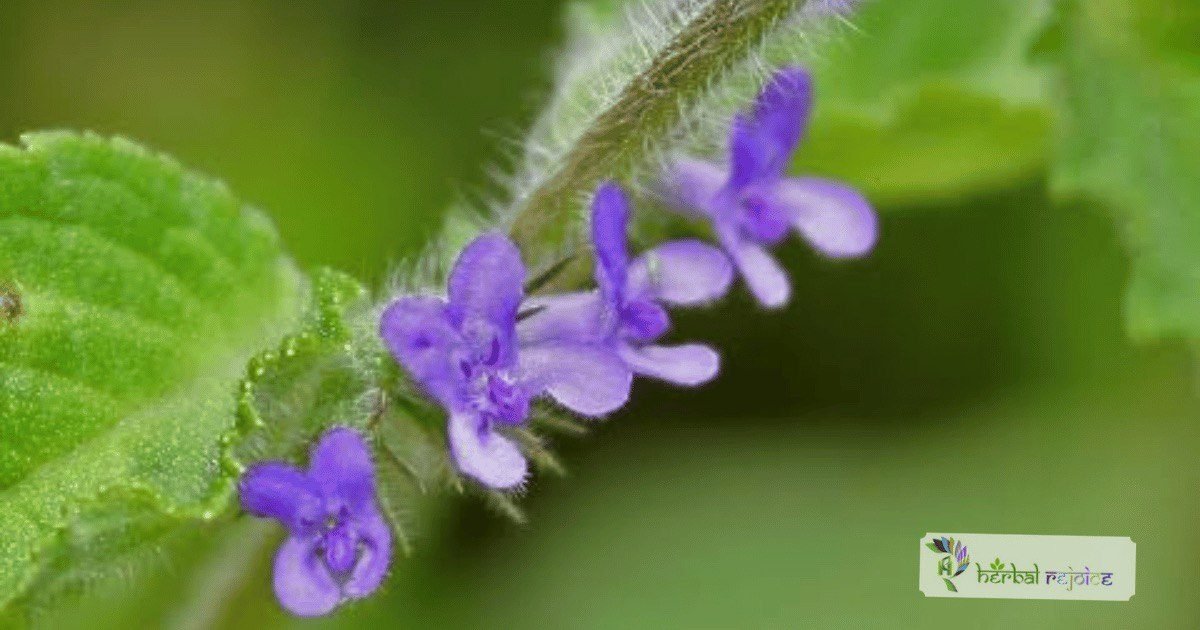Introduction
Amaranthus caudatus Linn., also known as Love-Lies-Bleeding or Tassel Flower, is a popular vegetable in northern India.
It belongs to the Amaranthaceae family and has been used in various traditional medicine systems like Ayurveda, Siddha, and Folk medicine.
It has been used in the treatment of various conditions like piles, strangury(painful urination), dropsy(edema), anasarca(swelling), ulcer and diarrhea.
Tassel Flower – Blood Purifier

Names and Habitat of Tassel Flower
In Ayurveda, it is referred to as Raam-daanaa (grain), while in Siddha/Tamil, it is known as Pungikeerai and Sirukeerai. In folk medicine, it is commonly called Chuko.
Traditional Uses and Health Benefits of Tassel Flower
Tassel Flower has been traditionally recognized for its blood-purifying and diuretic properties. It has been used in the treatment of various conditions like piles, strangury, dropsy, and anasarca.
Additionally, the tea made from Love-Lies-Bleeding has been used to alleviate pulmonary conditions and is also given to individuals with scrofula(glandular swellings).
It has also been applied topically to scrofulous sores due to its potential antimicrobial properties, as antimicrobial peptides have been found in its seeds.
Tassel Flower in Western Herbal Medicine
In Western herbal medicine, Tassel Flower is often associated with Amaranthus hypochondriacus. It is used for its potential benefits in treating ulcers, diarrhea, and inflammation of the mouth and throat.
Potential Health Benefits of Tassel Flower
Preliminary studies indicate that Amaranth seed, including Love-Lies-Bleeding, may have cholesterol-lowering effects.
It has been found to reduce total cholesterol and LDL (bad cholesterol), while increasing HDL (good cholesterol).
However, it is important to note that a study using Amaranth muffins did not show a significant reduction in cholesterol levels in hypercholesterolemic adults beyond what was achieved by a low-fat diet alone.
Conclusion
In conclusion, Tassel Flower or Love-Lies-Bleeding (Amaranthus caudatus Linn.) is a widely recognized plant in traditional medicine systems. It is valued for its blood-purifying and diuretic properties and has potential antimicrobial benefits.
Incorporating Love-Lies-Bleeding into a balanced and healthy diet may offer additional health benefits.





